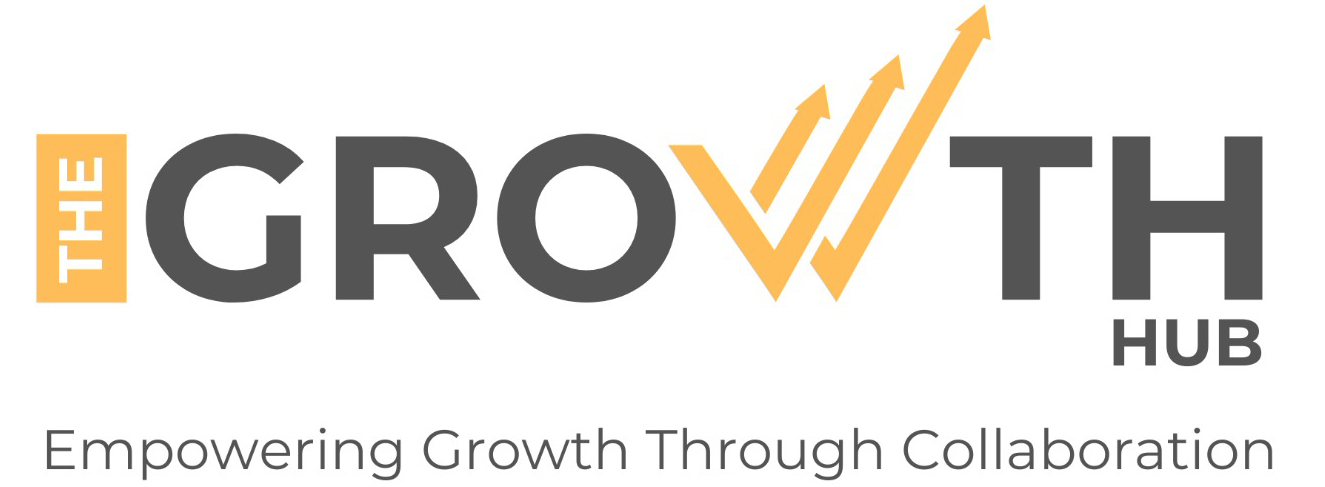
How to Read People: The Emotional Intelligence Skill That Gives You a Business Edge
Running a business, whether it’s from your kitchen table, a co-working space, or the top floor of a glass-fronted office block, means wearing many hats. You need to sell, manage, plan, listen, and lead — sometimes all in the same hour. But there’s one underrated skill that threads through them all: emotional intelligence.
Emotional intelligence, or EQ, is the ability to read people, manage emotions, and build stronger relationships. Business leaders who develop this skill tend to communicate better, negotiate more effectively, and steer their businesses through change with a calmer head and steadier hand. It’s not about being soft or overly emotional. It’s about being smart with feelings — yours and other peoples.
The Chartered Institute of Personnel and Development (CIPD) found that organisations with emotionally intelligent leaders report higher levels of trust, better team performance, and lower staff turnover. In other words, EQ isn’t just a requirement, it’s a necessity. It’s a business tool that makes work smoother, smarter, and more human.
What Emotional Intelligence Actually Means
Put simply, emotional intelligence is knowing how to read the room. It’s picking up on when a customer needs reassurance rather than a sales pitch, or when your team is feeling the pressure and needs clarity, not more chaos. It’s recognising what’s not being said — the pause before the ‘yes’, the tension in someone’s body language, the slight change in tone over email.
We all know someone who can walk into a room and just ‘get’ people. That’s emotional intelligence in action. And the good news is, it can be learned.
Why Being Good with People Gives You an Edge
Every deal, every partnership, every bit of feedback — it all comes down to people. And people, no matter their job title or experience, are guided by emotion as much as logic. In fact, research from the British Psychological Society shows that emotions influence decision-making far more than we think.
That’s where emotional intelligence becomes your hidden advantage. You’ll be able to spot when someone’s holding back, when they’re keen but cautious, or when they’re just not buying into your idea — even if they’re smiling politely.
Being emotionally switched on means you’ll make better hires, keep customers happier, and deal with difficult conversations in a way that strengthens relationships, rather than frays them.
How to Spot a Lack of Emotional Intelligence in Business
It’s easier to notice when it’s missing. Here are a few red flags:
People interrupt or dominate conversations
Feedback sparks defensiveness or silence
Staff avoid raising issues with management
Customer interactions feel flat or awkward
There’s little awareness of mood or morale in the room
These issues can quietly chip away at productivity and trust. But they’re also signals to start building something better.
Practical Ways to Read People More Effectively
Watch Body Language Closely
People might say “I’m fine” with a smile, but their arms folded across their chest or avoiding eye contact says otherwise. Notice the posture, facial expressions, and whether someone leans in or pulls back — these all give clues to how they really feel.
Get Comfortable with Silence
In conversations, silence can be golden. It gives people space to open up, think aloud, or share what they’re truly thinking. Don’t rush to fill every gap — often, what comes next is the bit that matters.
Listen for Emotion Behind the Words
Whether someone’s using hesitant language (“I guess”, “maybe”) or strong emotional words (“frustrated”, “delighted”), listen out for what they’re really trying to communicate. It helps you respond more effectively and with more empathy.
Ask Open Questions
Instead of yes/no questions, try things like: “How are you finding things at the moment?” or “What’s the biggest challenge for you right now?” You’ll often uncover more than you expect.
Notice Group Dynamics
In meetings, look for who’s contributing freely and who’s holding back. Are certain people always dominating the conversation? Do others look disengaged? These cues can help you manage your team more inclusively.
Manage Your Own Emotions First
You can’t read others clearly if your own emotions are running the show. If something frustrates you, take a breather. Go for a walk, jot down your thoughts, or pause before firing off that email. Calm heads make better decisions.
Where Emotional Intelligence Makes a Difference
Sales and Customer Service: You’ll know when to push a deal and when to pull back. It’s the difference between a one-off sale and a long-term relationship.
Team Leadership: Staff perform better when they feel seen, heard, and supported. EQ helps you lead people, not just manage tasks.
Conflict and Crisis: High-EQ leaders keep teams grounded and focused, even during tough conversations or uncertainty.
Networking and Partnerships: People want to work with people they trust. Emotional intelligence helps you build that trust more quickly.
Building Emotional Intelligence: A Skill Worth Investing In
This isn’t about doing a week-long course and ticking a box. It’s a lifelong skill that can be built gradually through reflection, feedback, and intentional practice. Start by keeping a short diary of interactions that felt off — or went really well. What was said, how did people react, what can you learn from it?
If you’re keen to go deeper, organisations like Mind UK offer resources on emotional awareness in the workplace. The CIPD also has practical guides for improving emotional skills across teams.
Takeaway
Growing a business isn’t just about strategy and spreadsheets. It’s also about people. How well you connect, understand, and respond to them has a direct impact on your bottom line. Emotional intelligence helps you cut through confusion, build trust faster, and make decisions that benefit everyone involved.
Whether you’re running a small solo venture or leading a fast-growing team, getting better at reading people isn’t just a ‘soft skill’. It’s a smart one.
